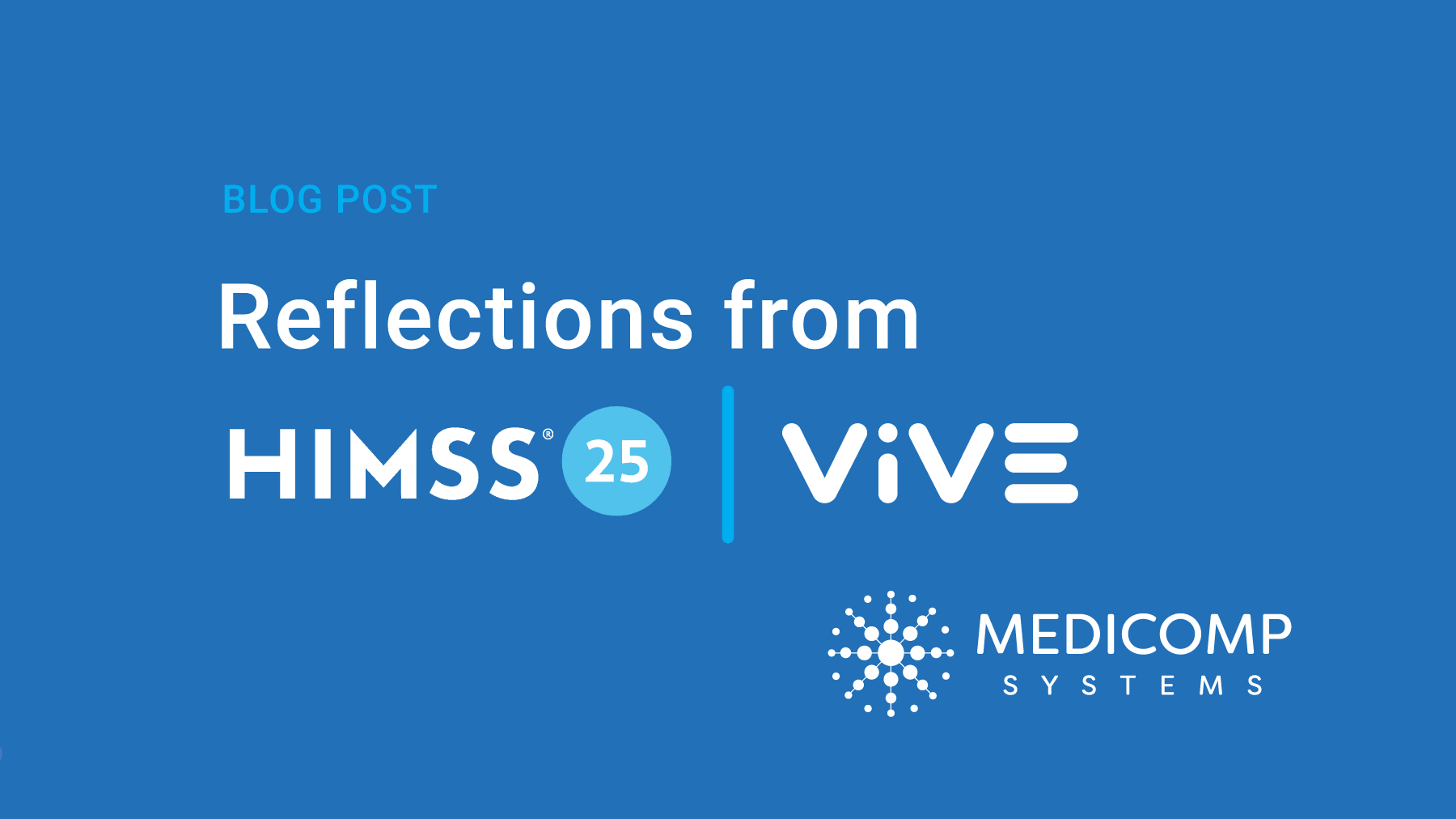After attending the recent HIMSS and ViVE healthcare conferences, one theme emerged clearly: the healthcare industry is waking up to the reality that effective AI implementation depends entirely on the quality and trustworthiness of the underlying data.
The Promise and Pitfall of Healthcare AI
The excitement around Large Language Models (LLMs) and conversational AI in healthcare is palpable. These technologies are showing impressive capabilities in synthesizing and extracting summary views from patient records. Clinicians are experiencing real benefits from AI-assisted documentation and decision support.
But there’s a significant challenge lurking beneath the surface: the quality of clinical data these systems rely on can be problematic. Often the data is without clinical context, is unstructured, and lacks data validation – and AI could add to the problem.
You Can’t Just Throw LLMs at the Issue
Even with their exceptional promise, LLMs alone can’t fix healthcare’s biggest challenges. For example, about 20% of the responses from LLMs are incorrect. That doesn’t cut it in healthcare, where lives are on the line. Further, LLMs are just not good at coding data. Given the limitations, healthcare needs evidence-based custom-built tools to solve specific issues. These tools may or may not leverage certain technologies that exist within the LLMs, so long as they don’t reduce accuracy and precision.
The Growing Data Quality Crisis
Despite advances in AI technology, conference attendees expressed increasing concern about these fundamental data issues:
- Flawed source data: LLMs can only be as good as the data they process
- The rekeying problem: Paradoxically, AI tools are sometimes creating more data entry work, not less
- Compliance gaps: Conversational AI may generate text notes but often fails to create complete structured clinical data needed for compliance
- Interoperability challenges: While data exchange is improving, the “garbage in, garbage out” problem remains unsolved
From Conversational AI to Clinical Data Quality
Many AI companies at the conferences acknowledged that generating text alone isn’t enough. The industry needs solutions that transform conversational interactions into high-quality, structured clinical data that can be trusted for patient care, compliance, and analytics. With clean, robust, and discreate data, the industry will be positioned to move beyond ambient notes and patient summaries and take AI to the next level.
Addressing the Data Quality Problem
This is exactly the challenge that Quippe Alchemy™ is designed to solve. By leveraging AI technologies with patented evidence-based algorithms, Alchemy validates clinical data and resolves issues stemming from:
- Bad mappings
- Duplicate or incorrect items
- Inadequate codes
- Local codes and legacy system inconsistencies
The Path Forward
What became crystal clear at HIMSS and ViVE is that the healthcare industry is at an inflection point. As organizations race to implement AI solutions, those who address the fundamental data quality issues first will see the greatest returns on their investments.
The question “How do you solve a problem like bad data?” was echoed throughout these conferences. With solutions like Quippe Alchemy, we’re transforming problematic clinical data into a trusted source of truth — creating the foundation needed for AI to truly transform healthcare delivery.
How is your organization addressing clinical data quality challenges? We’d love to hear your experiences.
James Aita is Director of Strategy and Business Development at Medicomp Systems.
